Lead Scotland Evolves
From what I’ve read, in 1979, Edinburgh University Settlement and a passionate group of volunteers were worried that a lack of funding for REHAB Scotland was going to herald the loss of supported post school learning opportunities for disabled people.
There was no Equality Act in 1979 – no rights or entitlements and some disabled people felt no societal or family expectation that they would learn or work or participate as equal citizens within communities.
Volunteers tutors and Honorary Organisers started to develop a national home tutorial service. They very quickly realising that holistic individualised home based support (what we now know as person centred) with a loan of technology consistently led to positive outcomes.
So a new organisation emerged with a local identity and national ambition. The golden threads of what it stood for are still very visible today – fighting social and educational exclusion, encouraging disabled people and carers to influence positive social change.

How have we changed?
Lead Scotland has continued to evolve and not just the logos – combating the new challenges which have arisen. Three examples of change:
- In the 2000’s we broadened the reach of our learning services so that unpaid carers could learn too (they make up about 10% of our work now). Unpaid carers had also experienced unfair access to learning opportunities due to their caring responsibilities.
- We took over the running of Scotland’s national helpline for disabled students from SKILL Scotland, so that disabled people understand their rights and entitlements to funding and support and through this work we seek to influence policy change.
- Social isolation and loneliness is far higher amongst disabled people and unpaid carers which led us to set up our befriending projects.
There have also been many changes in the way we deliver our services spanning over four decades, but here are three notable examples:
- Firstly the shift in our learning services from signposting and delivering non formal learning opportunities to offering courses and qualifications. In the 1990’s we had our first HMI Inspection and that helped our credibility as a provider of high quality community based adult learning opportunities. Since 2006 we have used the SCQF framework to benchmark non formal learning opportunities – showing the value of the learning undertaken. In 2018 we finally became an SQA centre ourselves. The only SQA Centre in Scotland which delivers accreditation with one-to-one support at home as wells as small groups within communities close to where learners live.
- Secondly, hybrid service delivery was essential during the pandemic and is the preferred option now. We were delighted that JP Morgan and Chase developed an online platform for us to write and deliver courses.
- Thirdly we were early adopters of enabling technology, since the 1980’s but the pace of technological change has never been faster. In the late 1990’s I remember apologetically lending people a ‘mobile’ computer and printer which took up half their living room – now we have tablets with apps and access to the internet. Lead Scotland is named in the Government’s cyber resilience strategy and we have a partnership with the National Cyber Security Centre to extend the reach of their key messages – over 40 years ago who would have thought cyber security would become a mainstream subject and career choice. We are encouraging more disabled people to be involved in the design of technology, digital products and AI so that new technologies serve our communities effectively. (Cartoon slide from 1991 newsletter jokes about frustrations with technology – but the article was all about the power of technology for good).

To conclude:
In 1979 there was a huge problem with educational and social exclusion and Lead emerged. Since then tens of thousands of disabled people and carers have progressed into further learning and work and have become more active within families and communities with support from Lead Scotland staff and volunteers. In 2023 we are delighted to present our new three strategic plan which has roots in 1979 and new growth to match new demands and environments:
Our 3 year Strategic Goals for 2023 to 2026
- Offer more local and remote learning opportunities, which improve access, offer accreditation, build confidence and skills, reducing educational exclusion.
- Extend our befriending services to reduce social isolation and create new pathways to learning.
- Extend our disabled student’s helpline and information services so that more students understand their rights, entitlements and make informed choices about their options.
- More disabled people have the opportunity to influence policy makers, breaking down systemic barriers to improve access for future learners.
Post by Emma Whitelock, CEO, June 2023
Local services
Contact a Co-ordinator in your area to discuss your options and get started:


You must be logged in to post a comment.